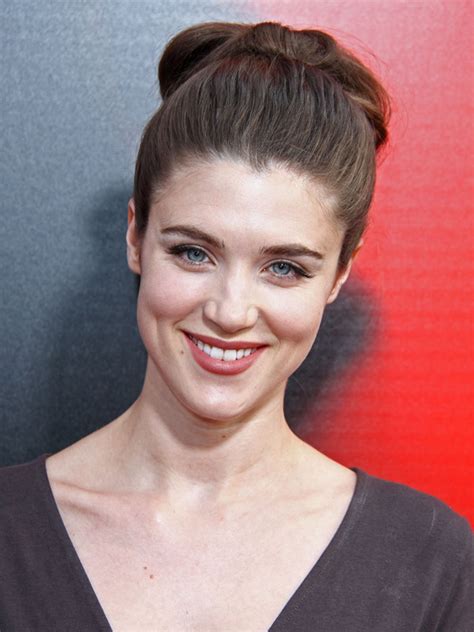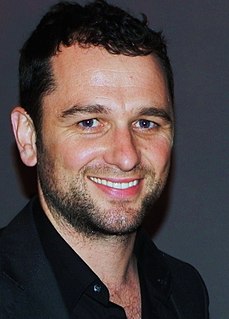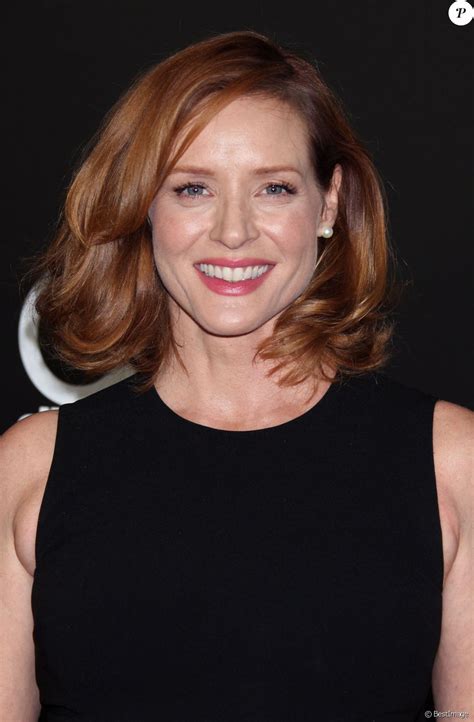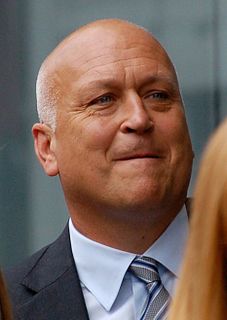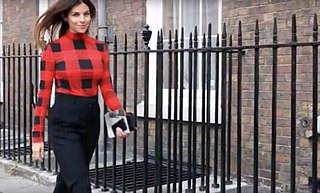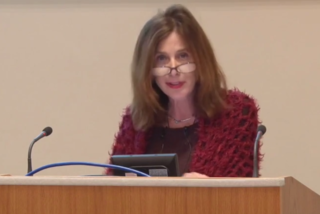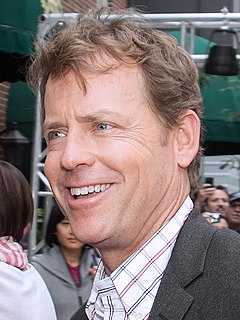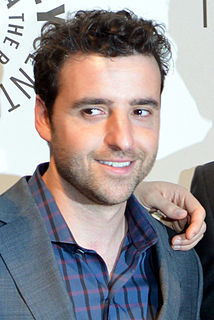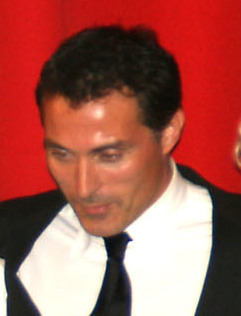A Quote by Holly Hunter
It's considered a coup to become a lead on a kind of cutting-edge television series. I mean, that's a plus for your feature film career and for your career in general. There are no walls anymore between the two.
Related Quotes
If something is important enough to you that you feel the urge to donate your money or time to it, I think it's best to try to express that form of giving through your career, not just as something you do on the side. If you enjoy your volunteering and charitable activities more than your career, it means your career is in serious need of an upgrade. In my opinion your career should be your best outlet for giving.
Ask anyone who makes a full-length movie that's shown in the art world if they'd rather have a career as a film director or as an artist. Invariably, they'd rather be known as a film director, because that's what they are. But there's not really a system of independent distribution anymore that allows for that, and so the art world has kind of become all-enveloping. It's absorbed all of these disciplines that don't have a home anymore.
The reason I live in America is because I mean literally every six or seven years I've done something in England. The last lead I had in an English film I did was 1998. So that's why I live here. It's because I get more work. I'll travel back for radio, you know what I mean. I've just got to consider myself to be living in the middle of the ocean, and that way I have a really nice career, if I'm prepared to do television, radio, theater, and film.
I began to read [Bible] as a critic, an in-house critic. So I got to a place where when I got to the university, I just couldn't reconcile that book and some of its points of view with stuff I was learning in my academic career. And so then you have a choice: either you give up your academic career and close your mind and become a constant fundamentalist, or you give up your religion and become a citizen of the modern world and get a modern education, or just spend the rest of your life balancing the two things together, forcing them into a dialogue.
Juggling a career and a family is a challenge for anyone, and even more so (in general) for women. Probably the most important advice to any woman interested in a career is to pick your life partner with care. Having a supportive partner is key to trying to manage the constraints of these two demanding roles.


